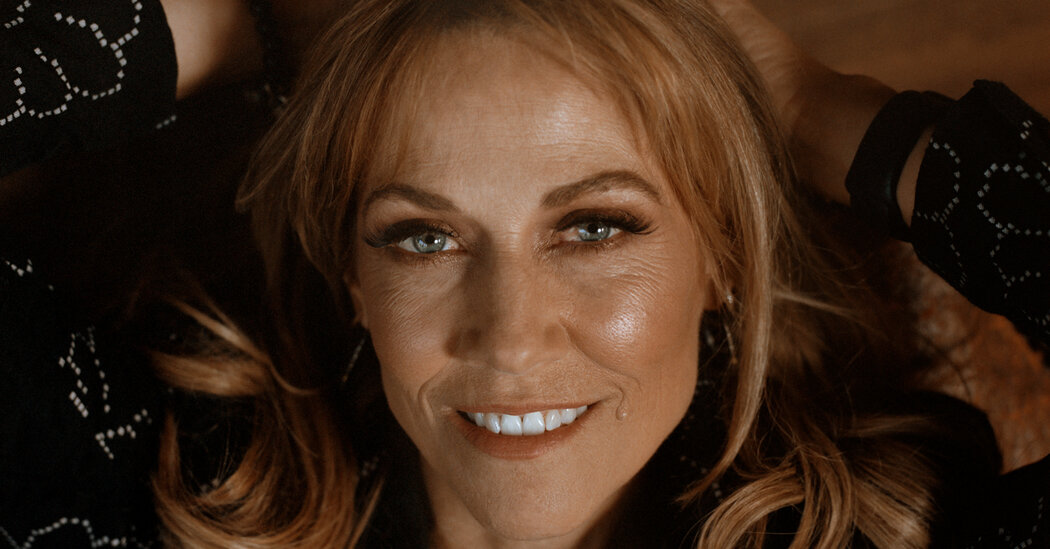
NASHVILLE — Sheryl Crow is not going to read this story.
She confirmed this with a genial wince, but it wasn’t a surprise (or a bluff). Crow’s career began in the 1990s, when success was hitched to behemoths like major labels and radio, and the most direct line to fans came via MTV and the often sexist press. While she has done hundreds of interviews and been the topic of plenty of other coverage, she stopped looking at most of it around 1996, when she released her second album.
She gave into temptation once, on an airplane. A Rolling Stone magazine was on the seat next to her, and she discovered an “ugly” article about herself. “It killed me,” she said, her voice rising an octave. “I felt myself sinking. And after that I was like, you know what, nothing is worth that. I’ve already made the record. And I am who I am.”
And so Crow, who has spent three decades gamely relaying her story to others, has never known for sure how it’s been told. That will change on May 6, when “Sheryl,” a documentary directed by Amy Scott, arrives on Showtime. It’s the latest in a wave of music films — some made by artists, themselves; others by more objective outsiders — that serve as correctives, uncovering the chauvinism and other challenges that plagued musicians during eras when women couldn’t speak openly about harassment and mental health. Crow didn’t have creative control over the project, though her manager is one of its producers, and she seized her opportunity to forcefully answer questions that have long tailed her regarding authorship and ambition, and explain just how hard she has had to fight in a music industry where she didn’t fit into a neat box.
On a gloomy April afternoon, the singer-songwriter welcomed yet another interlocutor to the recording studio she built atop a horse stable here, with a palette stretching from tan to brown and vintage signs advertising gasoline and perfume hanging above the wood and leather. She was dressed in a blue plaid button-up and medium-wash jeans, jiggling one of her Timberland-clad feet while perched in front of a recent addition to the studio’s saloon: a weathered magazine rack Crow rescued from a childhood haunt in Kennett, Mo., and stocked with old issues of Rolling Stone and Creem. Warm and candid, she immediately opened up her world, joking about her recent estate sale (with its “creepy dolls”) and using Siri to FaceTime her older son, who was home from school sick.




